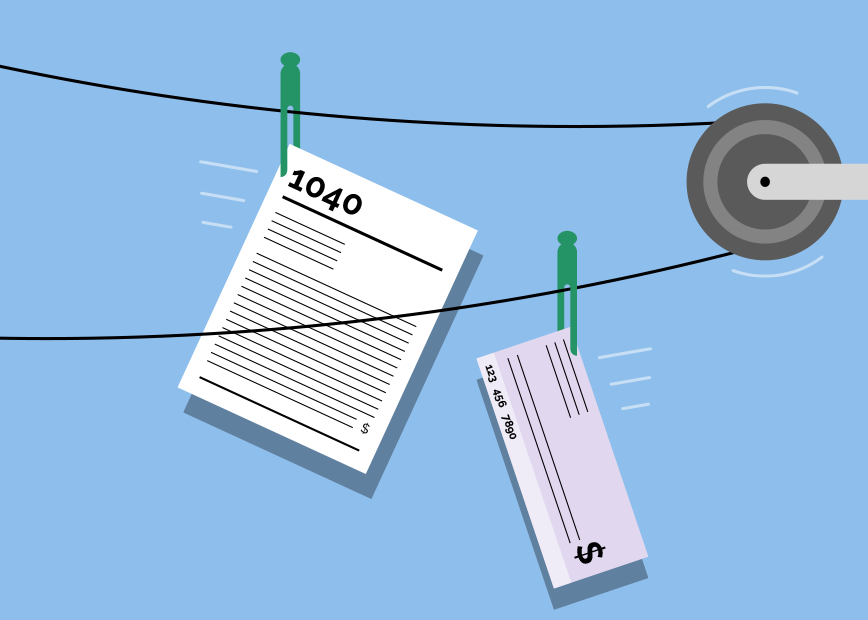Taxes may be one of the sure things in life, but how Americans deal with them appears to be changing, with more consumers filing online and receiving their refunds via direct deposit, according to recently released statistics from the Internal Revenue Service.
Even with some online tax preparers taking a hit in the media, the swelling refund checks and fast access to the largest single payday American families will see all year, could mean big opportunities for marketers. Experts say larger refunds combined with lower gas prices could contribute to a surge in consumer spending as average Americans find more money in their pockets, according to 24/7 Wall Street.
But with more taxpayers opting for direct deposit, marketers looking to capitalize on tax season windfalls should analyze whether their efforts need to trend earlier as the time between filing and refund falls.
While the deadline to file isn’t until April 15, some key changes that should push the refund timeframe forward became apparent when the IRS analyzed returns filed through Jan. 30, 2015.
Here’s a look at the early findings from this year’s tax season:
- Of the 14 million returns the IRS received through Jan. 30, 13 million were filed online, with the number filed digitally up 28% year-over-year.
- The number of returns filed compared with the prior year’s period also rose 26%.
- Traffic to IRS.gov spiked to 65 million visits compared with the year prior, up by nearly half.
- More than 96% of the 7.6 million refunds issued were paid through direct deposit, doubling last year’s rate. The average refund is up 10% to $3,539.
More Americans also appear to be seeking the aid of accountants, or at least some help navigating the digital tax space in the form of tax preparation software.
- E-filings from tax professionals rose 39% to 5.8 million.
- Self-prepared filings rose at a slower rate, 20% to 7.5 million.
But brands and marketers looking to take advantage of the influx of tax return dollars may need to evaluate their campaign start dates and adjust accordingly. As people get money faster, they’re likely to spend it earlier in the year, meaning first movers will be better positioned.

